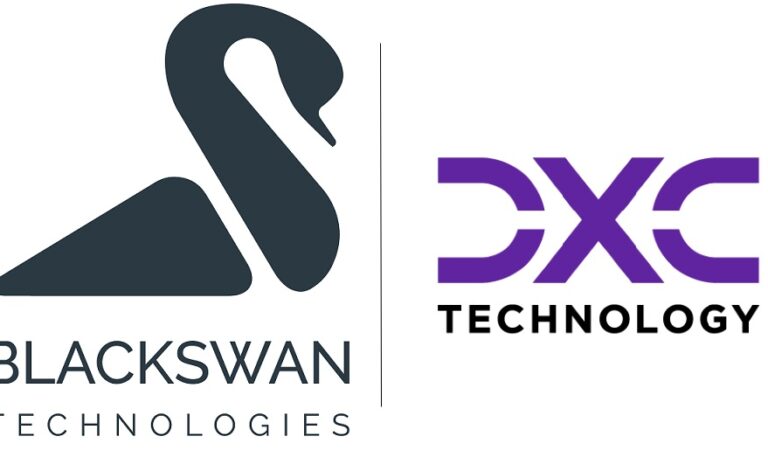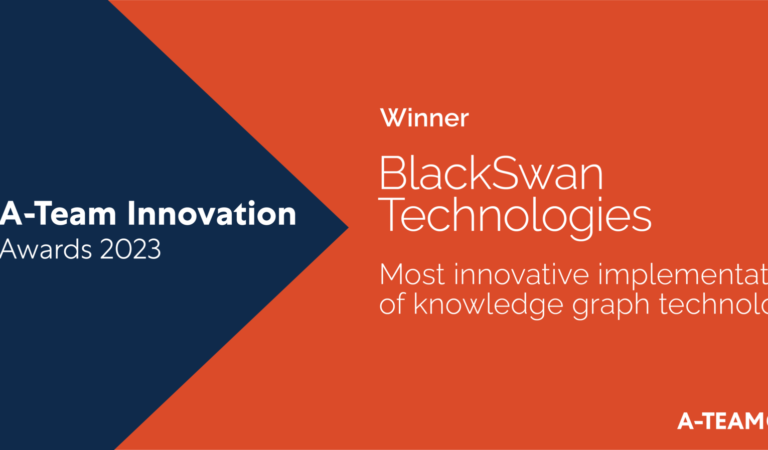Oct. 11, 2022
Limited Partnerships, UBOs and Russian Sanctions: How Firms Can Identify Links
By Russel Fernandes & Sooraj Shah @BlackSwan Technologies
Financial institutions that provide services to limited partnerships need to ensure they have the right tools in place to identify links to sanctioned UBOs, and to keep up with changes in regulations
In August, a joint investigation by the BBC and Finance Uncovered found that five agencies that specialise in creating shell companies for clients in Russia, had found a way around the UK’s corporate transparency laws, allowing them to generate a horde of anonymous firms in the UK.
The investigation discovered evidence linking a number of these companies, known as English Limited Partnerships (ELPs), to fraud, terrorism and money laundering.
ELPs are legitimately used in many circumstances; For instance in the fields of real estate, investment and pension funds, as they have tax advantages. But as they do not have a separate legal identity, the UK government says that it means they cannot own assets, have an ultimate beneficial owner (UBO), and cannot legally open bank accounts of their own.
This means ELPs have not been covered by transparency regulations that were introduced by the UK government in 2016/17 which enshrined into law that the vast majority of UK companies had to identify their real owners.
However, the investigation found documents identifying beneficial owners of ELPs, and evidence of ELPs being used to open bank accounts and to facilitate financial crime. It should come as no surprise then, that in the midst of a number of sanctions being placed on Russian government officials and their affiliates, this transparency loophole has drawn the attention of agencies that specialise in creating shell companies for clients in Russia. In fact, 1,500 have been set up by these agencies alone, and many are linked to the highest members of the Russian government.
ELPs have therefore become a route to dodge anti-money laundering laws and evade sanctions, putting financial institutions that provide services to ELPs at risk of increased scrutiny and potentially crippling compliance costs.
So why should financial institutions care?
On the back of the investigation, the UK government had suggested it had no intention to change the make-up of ELPs. But financial firms would have been well aware that legislation can change swiftly, and with that can come major complexity and fines. In the past, Scottish Limited Partnerships (SLPs) were similarly used as a loophole, but after being repeatedly linked to money laundering scandals, the UK government changed the law so those setting up SLPs had to provide information about the UBO. This subsequently saw the number of registrations fall by half. One of the most prolific of the five agencies mentioned in the investigative report, had actually used SLPs prior to this change to the rules surrounding UBOs, and then quickly shifted their attention to ELPs in the aftermath.
As a result of the BBC and Finance Uncovered report, there is already more scrutiny over ELPs by the media and this usually paves the way for new regulations. The UK government has since drafted the Economic Crime and Corporate Transparency Bill 2022, which it says will help prevent the abuse of limited partnerships for money laundering or other nefarious purposes, by tightening registration and transparency requirements for these entities – although there are no specifics on exactly how this will be achieved. The Bill will require limited partnerships to maintain a connection to the UK, enable the registrar to deregister limited partnerships which are either dissolved, no longer carrying on business, or where a court orders that it is in the public interest to do so. The bill’s second reading is scheduled in the House of Commons on October 13, 2022.
In the meantime, firms should also consider whether their involvement in assisting ELPs with financial services is ethical; they have to ask themselves if they were found to be providing financial services to an ELP that is found to have links to Russia, could it make them look untrustworthy? Is this worth the potential windfall they could receive from the agencies and owners behind the ELP?
As firms pose these questions to themselves, it will inevitably lead to a broader acceptance from the industry that an ethical framework should be put in place which firms should adhere to – this happens prior to a legal framework being implemented. Firms seeking to be proactive, encourage transparency and increase profits without sacrificing principles or causing harm, could establish this ethical framework internally themselves.
Technical dilemma
The dilemma here is not just economic versus ethical, but is actually technical; a financial services firm can only consider whether an ELP is in actual fact acting as a cover for illegal activities associated with Russia – if they are able to detect that the ELP does have a UBO, and that the UBO is a sanctioned individual from Russia.
The majority of software can’t do this effectively enough even for those entities that recognise themselves as companies and therefore need to be included on registries – this is because of highly labour intensive customer due diligence processes and an inability to integrate national UBO registries while understanding which data points are most trustworthy.
With ELPs, firms have to go a step further as the data will not necessarily be found in UBO registries because ELPs are technically not allowed to have a UBO. This means they need to be able to draw upon multiple internal and external sources – structured and unstructured – as well as UBO registries, to extract that information and link it back to the ELP.
The software should be able to uncover all officers, directors, subsidiaries and parent companies associated with any ELP. The people, organisations and locations – or entities – from these sources can be mapped in a knowledge graph. This helps to visualise the complex relationships between these different entities, better understand connections and help firms to build a profile of the ELP and its counterparties. Furthermore, software equipped with entity disambiguation enables firms to distinguish and determine the most accurate descriptive values of an entity, to ensure the right entities are being used within the knowledge graph.
By performing entity resolution, firms can resolve entities across a multitude of systems and be alerted to any inconsistencies. They can then match attributes belonging to the ELP to other entities, based on a state-of-the-art matching algorithm, highlighting potential UBOs. Firms can then analyse connections within complex networks of clients and counterparties to discover hidden relationships between beneficial owners, then screen against PEP lists and sanctions lists to check if the ELP does have a UBO that has been sanctioned. The software should also provide holding percentages for potential UBOs – this can help to ascertain if the individual owns or controls more than 25% of the ELP, and thus make them a UBO.
BlackSwan’s Approach
BlackSwan Technologies’ ELEMENT of Compliance™ enables financial institutions to efficiently identify, collate and retain information about beneficial owners by orchestrating the required data from multiple internal and external sources, including national UBO registries. This simplifies the collation and management of UBO information and reporting while minimising resource-intensive tasks, enabling financial institutions to more easily comply with KYC obligations.
Key features include:
- Enrichment of client profiles with ownership information from internal and external sources, including UBO registries, open source intelligence and paid sources
- Entity resolution of beneficial ownership information to distinguish between entities across data sources with similar identifying characteristics
- Analysis of relationships within complex networks of clients and counterparties using knowledge graph technology to discover links between beneficial owners
ELEMENT of Compliance™ is a complete solution that includes pKYC, Watchlist Screening, Adverse Media Monitoring, Transaction Monitoring and Transaction Intelligence. ELEMENT can be implemented as an end-to-end enterprise solution or an integrated set of selected, tailored modules that target customers’ needs.
Learn more about BlackSwan Technologies’ ELEMENT of Compliance™ here.
Russel Fernandes is Transaction Monitoring and Compliance-as-a-Service Product Owner at BlackSwan Technologies. He has over 20 years’ experience working in Financial Services. Within the industry, he has working experience of financial crime, payments, cards, risk, regulation, divestment, integration, migration and transformation programmes.
Sooraj Shah is Content Director at BlackSwan Technologies. He has more than a decade’s experience in writing business technology content for global publishers and technology vendors, specialising in Digital Transformation and CIO priorities.
Find out more about how ELEMENT of Compliance can help your business by emailing us here.
Follow BlackSwan on Twitter and LinkedIn


